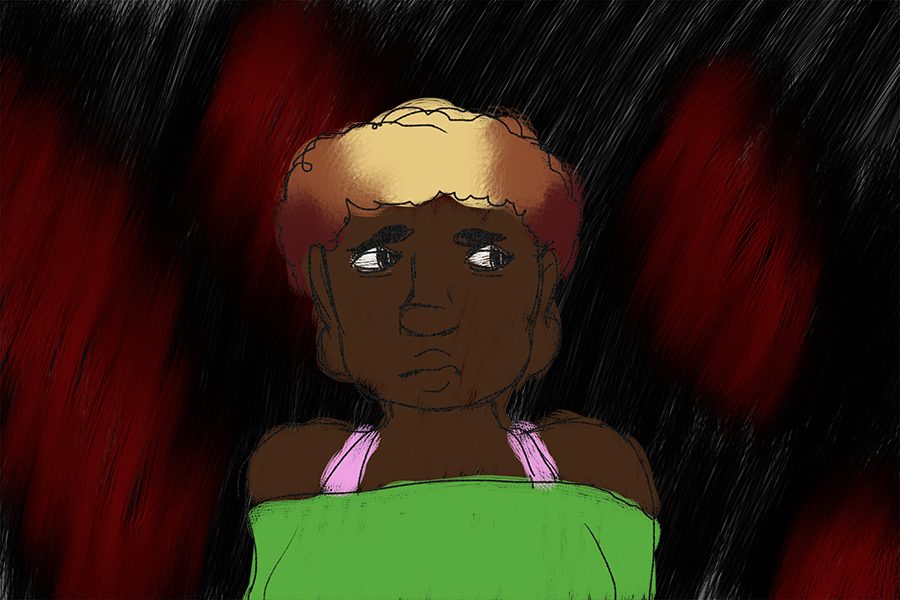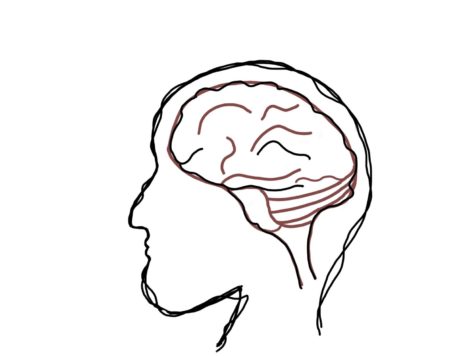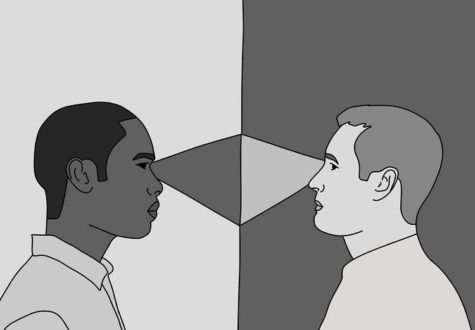Concerns on the term “triggered”
Triggers are a very real thing that affect many people
December 2, 2016
Many people nowadays seem to think the word “trigger” means “to be mildly affected, or to overreact.” Those that use the word in this way have obviously not educated themselves on the background of the word; and obviously don’t know how it affects mentally ill people. The trauma trigger isn’t something to make fun of or take lightly. It’s serious business, and for many people, can mean life or death.
The word “trigger” and terms like “trigger warning” have an actual, medical purpose to them, that many don’t seem to realize. A trigger is anything that can cause a person to relapse; whether it be something that causes a person with PTSD to have flashbacks, or someone with anxiety to have a panic attack, both of those fall under the line of triggers. And if you honestly think that a panic attack is an “over exaggeration,” I plead with you to educate yourself.
One of the most common signs of PTSD is in veterans. Many times, veterans that had been through extremely traumatic events, and are going through something that reminds them of that event, whether it be a movie or a familiar word, can be triggered, and may relapse into a state of being scared, or of thinking they’re in the war zone. Obviously the latter isn’t the case, but this is what a trigger can actually do to a person. Labeling things with “trigger warning” isn’t being “overly-sensitive;” it’s saving a traumatized soldier from feeling as though they’re back in the war zone, back under the pressures of their line of duty.
But let’s think outside of PTSD. People with anxiety often experience triggers that can cause them to have minor or major panic attacks. People with anxiety tend to overthink things, until those things get so clouded and bubbled up in their heads to the point that they need to release it somehow. Some with anxiety learn coping mechanisms, to help them release the negativity in their minds, but for many others, they lie one word or slip up away from a panic attack, which can cause them to either go into a fit of crying, rocking in a corner, completely silent, or dangerously hyperventilate. Those breaking points are also triggers.
No trigger is a “funny trigger.” If someone is triggered by dogs, because their abuser happened to really like dogs and owned many, their trigger deserves to be taken seriously as well. No one owes you an explanation behind their triggers, and you have no right to make fun of mentally ill or abused people who use the term because “it’s funny.” Because it’s not. These people deserve to feel safe when they talk to their therapists and psychiatrists about their triggers, and shouldn’t be afraid to discuss them openly without being made fun of. It’s unfortunate that our generation decided turning trauma triggers into a joke was a good idea. To all the people with any triggers: they are valid and deserve to be recognized. You’re not broken because you have triggers.














